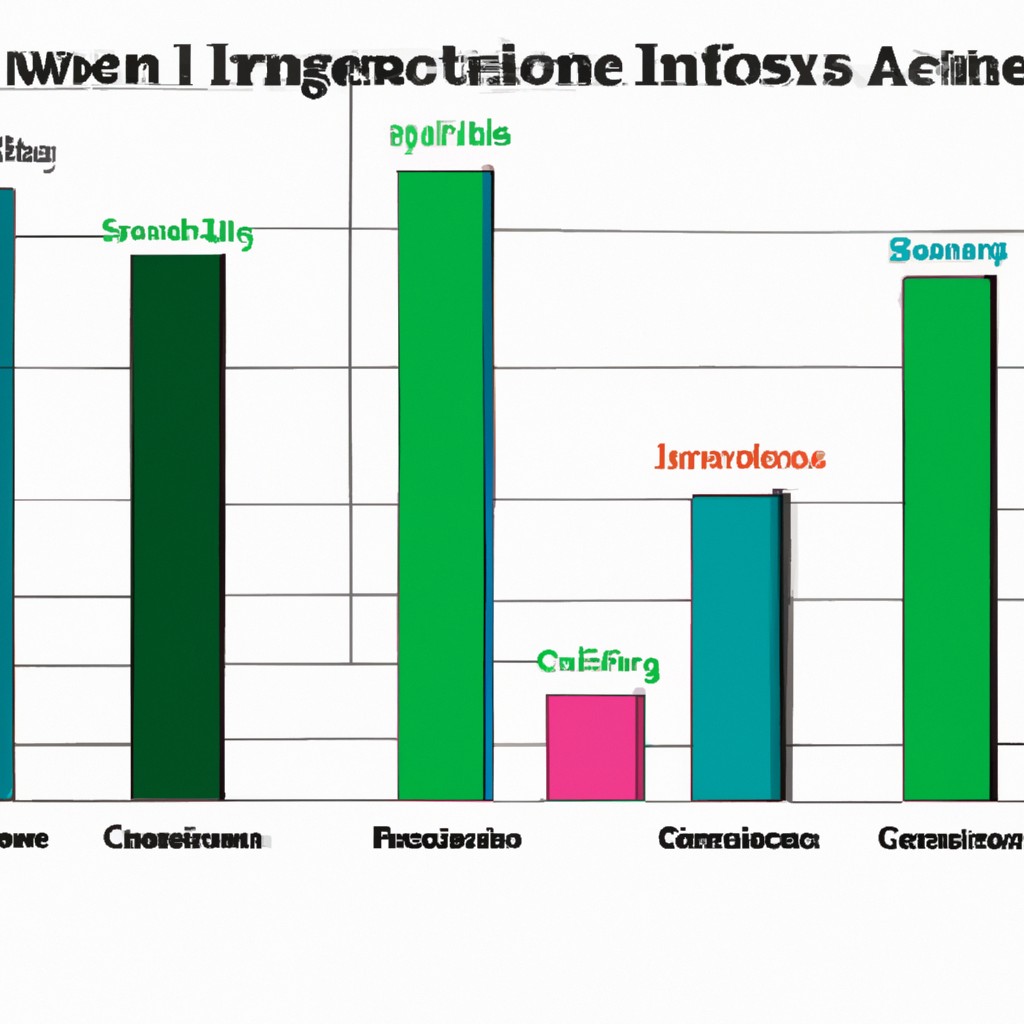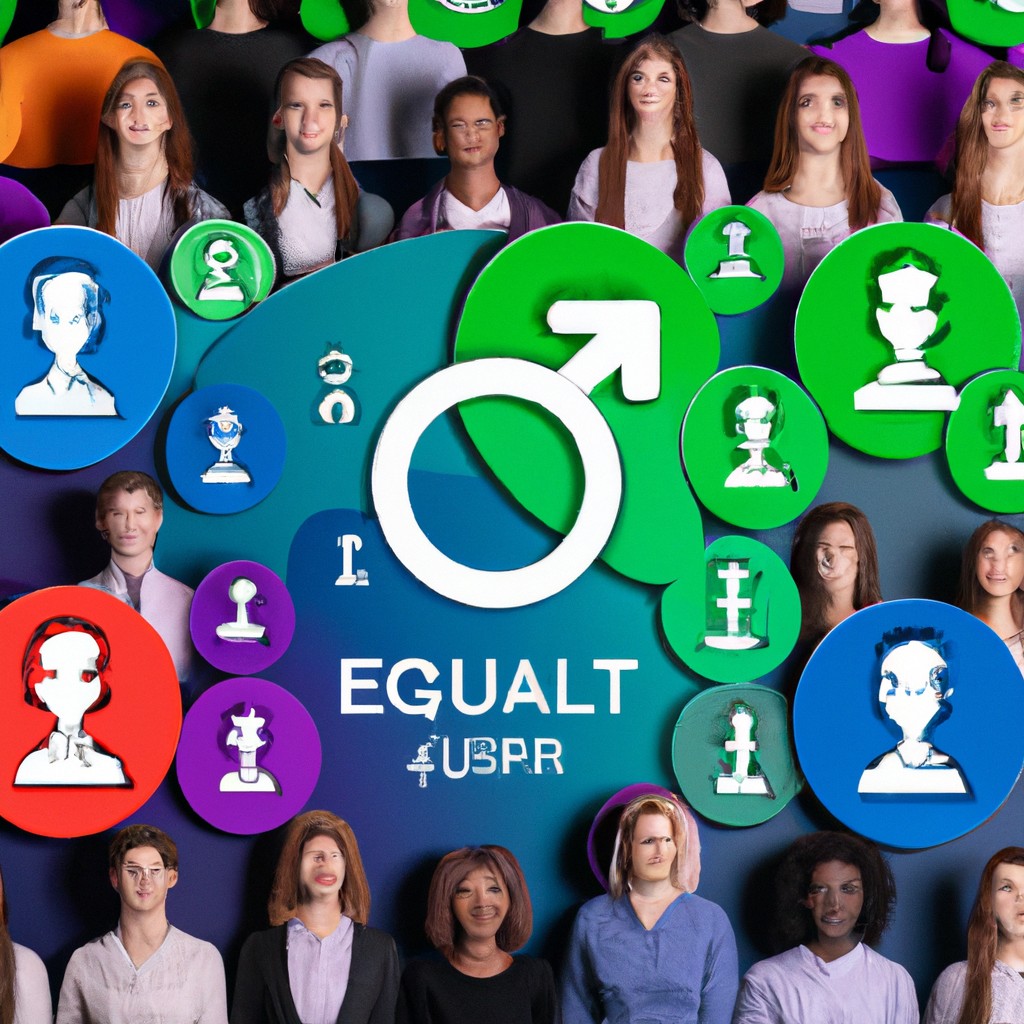Relationship between Gini coefficient and income inequality

The Gini coefficient measures income inequality, with 0 representing perfect equality and 1 perfect inequality. A lower coefficient implies better income distribution. Countries with high Gini coefficients typically have greater income disparity. Policymakers often use the Gini coefficient to assess and address income inequality within a nation. It is a crucial tool for understanding economic disparities and guiding policy decisions. By analyzing the Gini coefficient, governments can design effective interventions to reduce income inequality and foster social harmony. Addressing income inequality through targeted policies can lead to a fairer society with improved well-being for its citizens.
Read more
Policy implications for reducing income inequality

Reducing income inequality requires progressive taxation policies that redistribute wealth from the rich to the poor. Implementing universal basic income programs can provide financial security to low-income individuals and families. Investing in education and skills training for marginalized groups can help close the income gap. Enforcing stricter regulations on corporate monopolies and anti-competitive practices can prevent wealth concentration among the elite. Promoting fair wages and labor rights ensures that all workers are compensated fairly for their contributions. By prioritizing social welfare programs and ensuring equitable access to resources, societies can create a more inclusive and just economic system for all.
Read more
Strategies to reduce income inequality

One effective strategy to reduce income inequality is implementing progressive taxation systems, which tax higher incomes at higher rates. This can help redistribute wealth more equitably across society. Another approach involves increasing the minimum wage to ensure that all workers receive a fair wage for their labor. Providing access to quality education and job training programs can also help individuals improve their earning potential and break the cycle of poverty. Furthermore, promoting policies that support small businesses and entrepreneurship can create more opportunities for wealth accumulation among marginalized communities. Ultimately, a combination of these strategies is essential to address income inequality comprehensively.
Read more
Effects of income inequality on social mobility

Income inequality has a significant impact on social mobility. As the income gap widens, access to opportunities becomes more limited for those at the lower end of the spectrum. This hinders their ability to move up the social ladder and achieve upward mobility. Individuals from disadvantaged backgrounds face greater barriers in education, employment, and overall advancement due to income disparities. Such inequality perpetuates a cycle of poverty and limits the chances of breaking free from the constraints of one's circumstances. Addressing income inequality is crucial for promoting equal opportunities and a more just society where everyone has a fair chance to succeed.
Read more
Impact of globalization on income distribution

Globalization has altered income distribution patterns, contributing to both disparity and opportunity. As economies intertwine, rising inequality remains a pressing concern. Technological advancements can create wealth, but may disproportionately benefit a small elite. However, globalization also offers chances for economic mobility and innovation. Global interconnectedness can uplift marginalized communities by providing access to new markets and technologies. Employment opportunities in emerging industries bring hope for a more equitable future. Addressing income inequality requires proactive strategies that leverage the benefits of globalization while mitigating its adverse effects. Collaborative efforts are essential in creating a more inclusive and fair economic landscape.
Read more
Policy solutions to reduce income inequality

Income inequality can be reduced by implementing progressive tax policies that target high earners. Increasing the minimum wage and ensuring fair pay for all workers are essential steps. Access to quality education and job training is crucial in bridging the income gap. Policies promoting equal opportunities for women and minorities also play a key role. Implementing social welfare programs that provide support to low-income families can help alleviate economic disparities. Encouraging businesses to adopt fair wage practices and benefits for their employees is vital. By combining these policy solutions, society can work towards a more equitable distribution of income.
Read more
Effects of redistributive measures on income inequality

Redistributive measures aim to reduce income inequality by shifting resources from the rich to the poor. Studies show that such policies can lessen the wealth gap, leading to a fairer society. By taxing the affluent and providing welfare benefits to the less fortunate, governments can create a more equitable distribution of resources. This can improve social cohesion and reduce poverty levels, fostering a more stable and inclusive economy. However, critics argue that excessive redistribution may hamper economic growth and discourage entrepreneurship. Striking a balance between fairness and economic efficiency is key to effectively addressing income inequality through redistributive measures.
Read more
Impacts of income inequality on education

Income inequality greatly affects education, limiting opportunities for socioeconomically disadvantaged students, widening achievement gaps. Schools in impoverished areas struggle with fewer resources, exacerbating disparities. Lack of access to quality education perpetuates the cycle of poverty, hindering social mobility. Low-income students face challenges like inadequate facilities and underqualified teachers, impacting their academic success. Financial disparities lead to unequal learning environments, creating barriers to educational advancement. This inequality not only affects individual students but also hinders overall societal progress by limiting the potential contributions of marginalized groups. Addressing income inequality is crucial to ensuring equal educational opportunities for all children.
Read more
Health consequences of income inequality

Income inequality is linked to disparities in health outcomes. Lower-income individuals face greater health risks. Economic differences impact access to healthcare services. Limited resources lead to poorer health decisions. Social determinants greatly influence health conditions. Health disparities highlight societal inequities.Addressing income inequality is crucial for improving overall health outcomes. Individuals who struggle financially may neglect their well-being. Accessible healthcare services can mitigate the impact of income inequality on health. Promoting equality in income distribution can positively influence health on a population level. Socioeconomic status plays a significant role in determining health outcomes. Reducing income inequality can lead to a healthier society overall.
Read more













